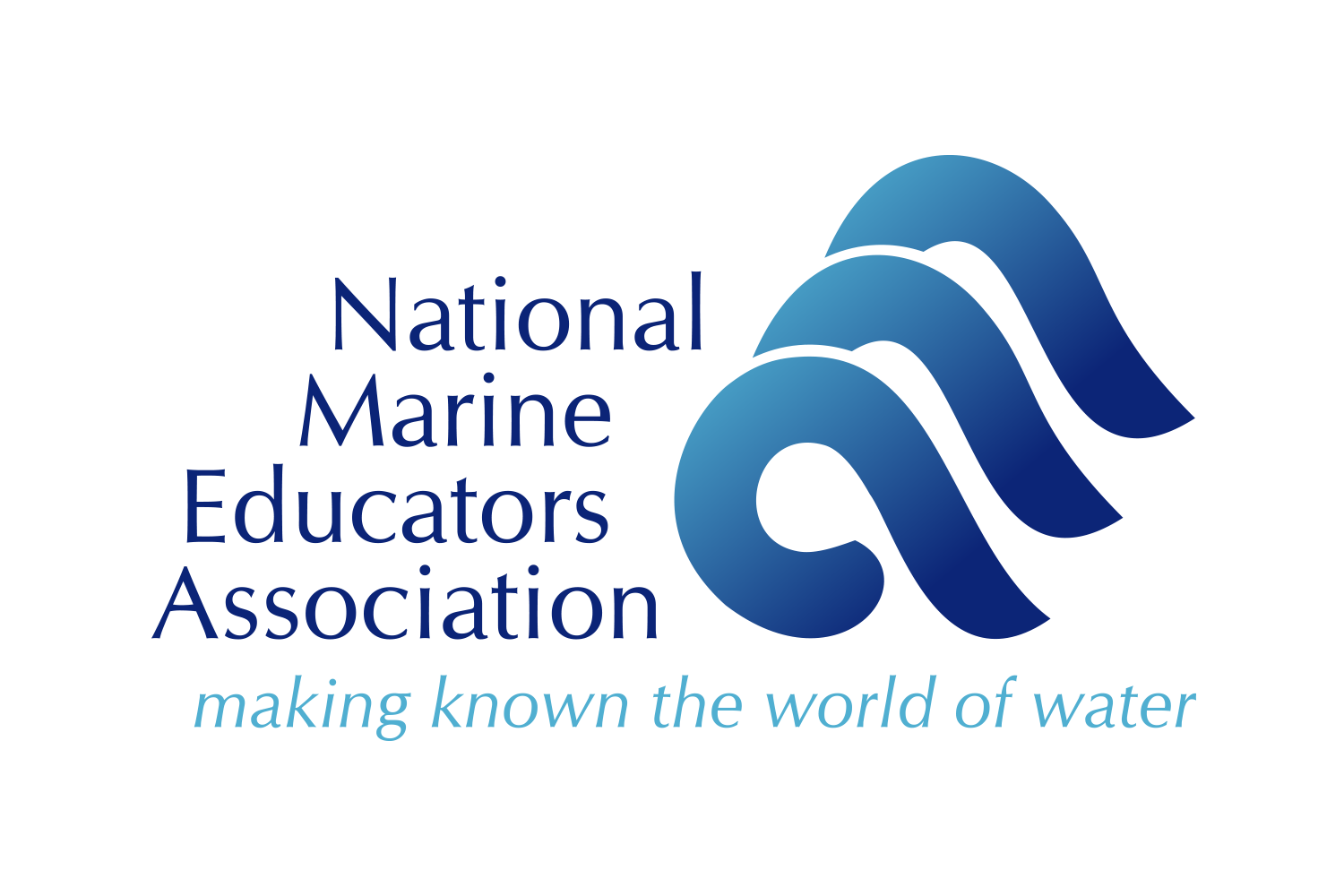Excitement -> engagement -> appreciation of science with Christopher Petrone
Christopher Petrone
Marine Advisory Service Director
Delaware Sea Grant / University of Delaware College of Earth, Ocean, and Environment
Lewes, Delaware
“I bet you hope your son will be a scientist.”
“Nope, he can be whatever he wants to be, but he will understand and appreciate science.”
As much as it is a goal to get young people into STEM careers,it should be a goal to inspire a love 4 science, regardless of career path. We need CEOs, lawyers, firefighters,& everyone else to understand how the world works & keep science/environment in mind when making decisions
— I Am SciComm (@iamscicomm) December 24, 2017
Numerous people have said this to me, but my response is always the same. You will see this same exchange on my Twitter profile as the pinned (re)tweet of an @iamscicomm tweet about needing all career types to understand science. This is not only what I strive to achieve for my son, but also for every education program I am a part of, and even every science-related interaction I have.
Of late, we have seen attacks on science, distrust of scientists, and all out disregard for the environment. It has never been more important to stress the need for good science and a healthy environment.
My quest to have people appreciate science began in my first job, as a marine science and A.P. Environmental Science teacher. In the classroom (and lab and field), it was easy to show students how amazing science and the environment are. But, since this was a boarding school, I was able to engage students—that I may not even have in class—in science and the environment during after-school athletics, meals, and even weekend down time. These teachable/appreciation moments were not fleshed out lesson plans, but casual observations, anecdotes, and impromptu Q&As.
After leaving the classroom, I farmed oysters commercially. In addition to farming about 5 million oysters, we worked with waterfront homeowners to teach them about oyster gardening, that is, small-scale oyster growout from their docks. This can be for environmental restoration, or, more often, personal consumption. For me, this was not just about selling some oyster seed (0.5-inch or larger individual oysters) and a floating cage. It was about engaging people—mostly retired—of all kinds of backgrounds, in all things oyster: what they eat; what eats them; their biology, historical significance, ecological value; the importance of good water quality; the latest research findings; etc. For the most part, these folks had no idea the delicious bivalve had such a backstory; their appreciation for the seemingly uncharismatic oyster grew.
Since leaving the oyster biz, I have worked for two fantastic state Sea Grant programs, educating K-16 students and teachers, and so many other audiences. Using a whole host of methods, I have done my best to show learners how amazing science and the environment are. While at the same time, teach my son just how awesome science and the environment are.
No matter the audience, the foundation of the “lesson” remains the same: excitement. Regardless of what you are teaching, showing, even just conversing about, if you are truly excited by the topic, it shows through and your student, program participant, cocktail party acquaintance, child, or whoever, will listen that much closer and engage that much more deeply. Once engaged, an appreciation can begin.
Chris taught marine science and AP Environmental Science at a boarding school on the Chesapeake Bay in Virginia.
Chris did an impromptu oyster dissection during a teacher workshop on Virginia's eastern shore of the Chesapeake Bay.
Chris developed a hands-on wind energy program that utilizes Delaware Sea Grant's 2-megawatt wind turbine.
After six years as a Marine Education Specialist with Virginia Sea Grant, and eight years as the Marine Education Specialist with Delaware Sea Grant (DESG), Chris now serves as the Marine Advisory Service Director/Extension Leader with DESG. In this capacity, he oversees seven extension/education specialists who work with Delaware's coastal stakeholders in community development, coastal hazards, fisheries and aquaculture, water quality, climate change, coastal ecology, and a host of other topics. He works with the specialists to identify and refine new and existing projects and collaborations, and maximize the economic and ecologic impacts of our work.


